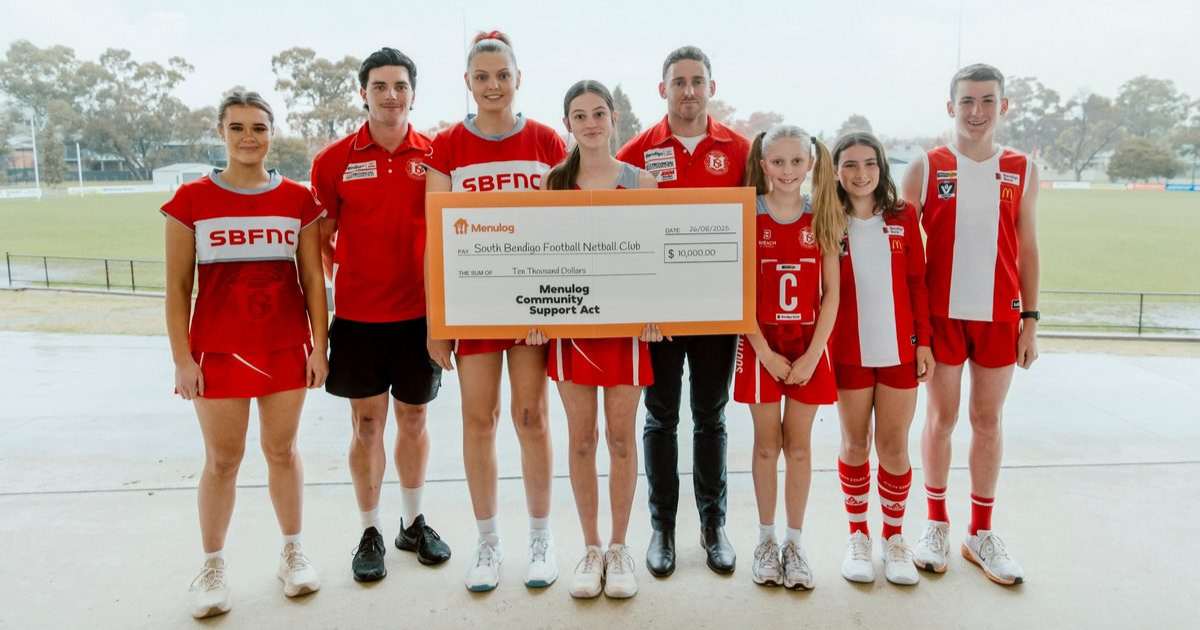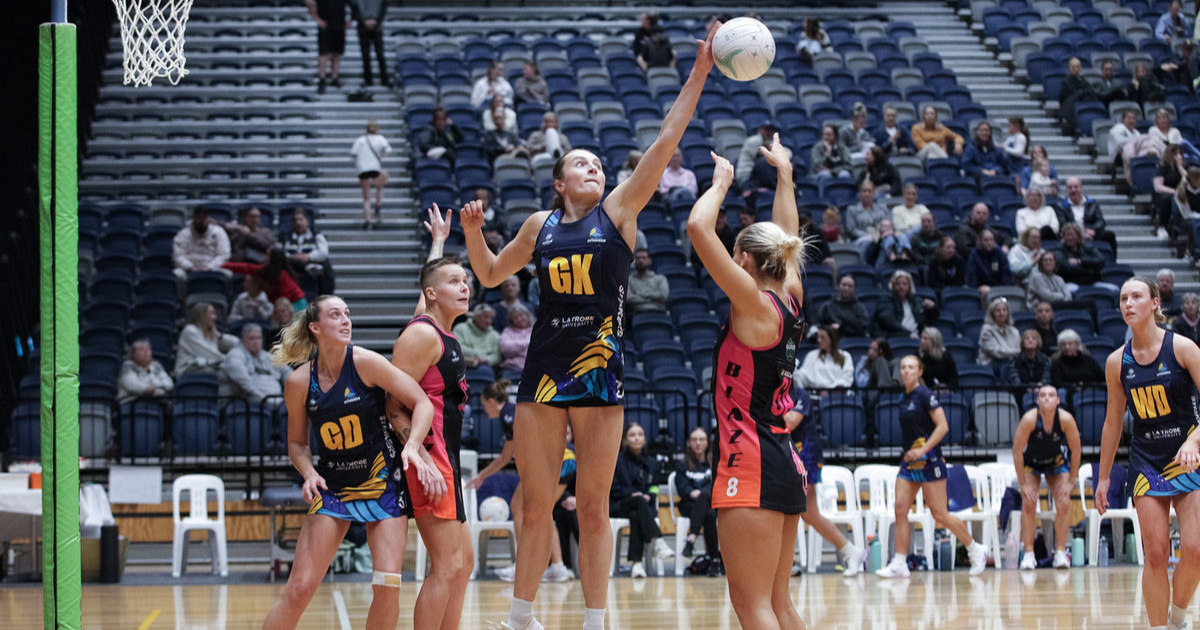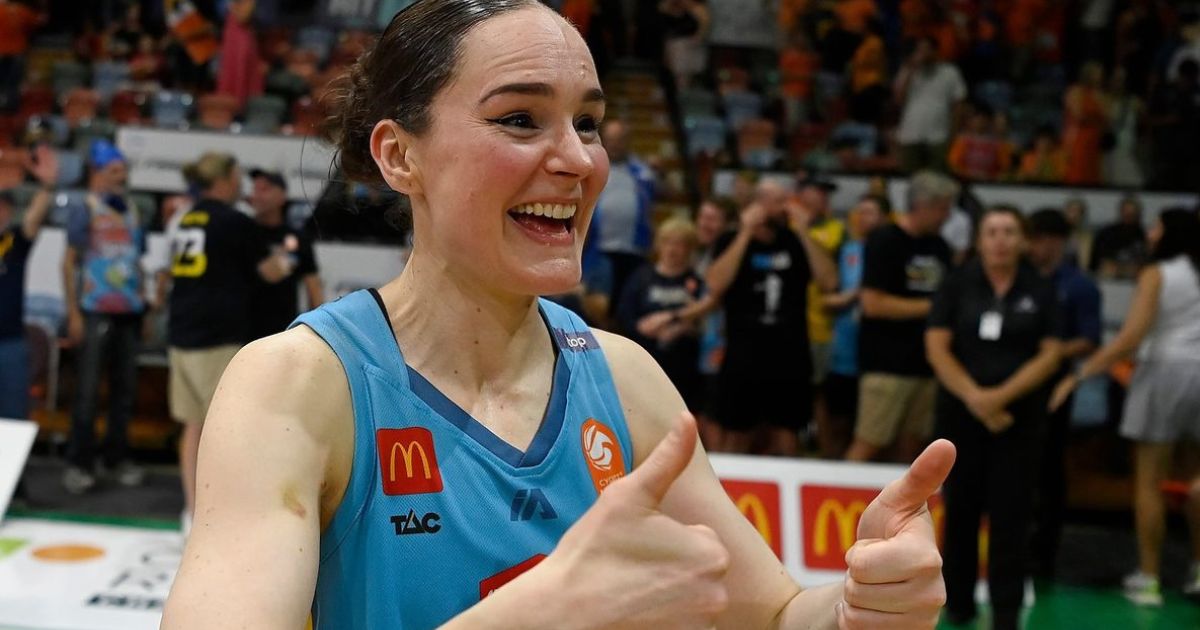Plea for better support for past players

Uplift them: St Kilda great Nick Riewoldt has called on football authorities to provide better support to players exiting the game. Photo: JULIAN SMITH/ AAP IMAGE
AFL Players’ Association CEO Paul Marsh has responded to Nick Riewoldt’s plea for better player transition support in the wake of Sam Fisher’s arrest and subsequent drug trafficking charge.
Fisher, a former teammate of Riewoldt and St Kilda player between 2004-16, has preferred to remain in custody.
Riewoldt believes AFL players transitioning is “the biggest issue facing the game” and called on the AFLPA to lead the cause to fixing it.
“I have had mixed dealings with the PA about Sam and about other teammates. The response from the PA, as far as I was concerned, was not even quick enough and when a response did come it was reactive and, at times, too late,” Riewoldt said on Fox Footy.
“Players, when they are playing the game, have time, they have money, they have, I think, little appreciation of what life looks like on the other side.
“The AFL will concede, and the AFL Players’ Association will concede a players’ transition out of the game is the biggest issue facing the game. And this is not, I can hear people out there already, this is not feeling sorry for players.
“Players are paid really well, they have opportunities available to them as they go through the game, but along the line it is not working.
“Too many players are finding themselves post-career, [support] is not at the level it should be, and we can do more. I think the AFLPA, in particular, need to champion and take the lead on this cause to stop these situations occurring.”
In response, Marsh said it was a joint responsibility between clubs and the AFLPA to support players when leaving the game.
“This has to be a joint responsibility, transition doesn’t start when a player leaves the game, transition starts when a player starts in the game,” he told SEN Breakfast.
“We as an industry run induction programs for the players, the clubs all have player development managers that work with the players day to day, and this is about trying to prepare players for their life after football.
“There’s a lot of resources and support available while they’re playing. So whilst, ultimately when they leave the game players will tap into the resources of the AFLPA, it has to happen while they’re playing because it’s too late when you get to the end to start thinking about what you’re going to do next.
“I think the clubs do take their responsibility in this space seriously. I’m not pushing the responsibility solely to the clubs, I think we all have to work together on this issue, that’s what we’re trying to do.
“Yes, we’ve had some issues like the one we’re talking about here, where in Nick’s words, ‘players have slipped through the cracks’, but there have also been many success stories through the programs that we’re running.”
Marsh also confirmed the illicit drugs policy was being revisited.
Riewoldt suggested the current three-strike policy allowed for “wiggle room”, and said, “That’s an issue, absolutely. I have been criticised for saying this in the past, that players who take drugs take them because they can.”
In response, the AFLPA boss confirmed an outcome between the AFL and AFLPA wasn’t far away.
“We’re doing a review of it [the drugs policy] at the moment, we’ve had a very similar structured policy in place since it started which is close to 15 years ago,” Marsh asaid.
“We have initiated this conversation with the AFL about probably two years ago… what we’re trying to do here is review the principles of it.
“But I think it is important to note that AFL players are just a subset of the community, most workers don’t have a policy like this, to take really hard approaches on these issues isn’t necessarily the answer.
“We are reviewing the principles, where that lands, I can’t tell you yet, but we’re closing in on an outcome there.”
Marsh refused to confirm whether his body had been in touch with Sam Fisher, citing confidentiality agreements.
– BY SEB MOTTRAM/ SEN


















